Medewerkers met het vakgebied Internationale Betrekkingen
Wetenschap ontwikkelt zich waar verschillende vakgebieden samenkomen. Alleen al daarom bestaat er binnen de RUG een grote verscheidenheid aan vakgebieden, met daarbinnen een groot aantal vakspecialisten. Met behulp van onderstaand overzicht, gebaseerd op een vaststaande indeling van wetenschapsgebieden, vindt u op elk vakgebied de juiste deskundige. Komt de deskundige die u zoekt niet voor in deze lijst? Via een vergelijkbaar vakgebied of een gerelateerde faculteit vindt u mogelijk alsnog de juiste persoon.
Overzicht van alle vakgebieden
Donya Ahmadi is Assistant Professor of International Relations at the University of Groningen. She teaches various courses at the department of International Relations and International Organization, including a MA Research Seminar titled 'Race, Class,... read more
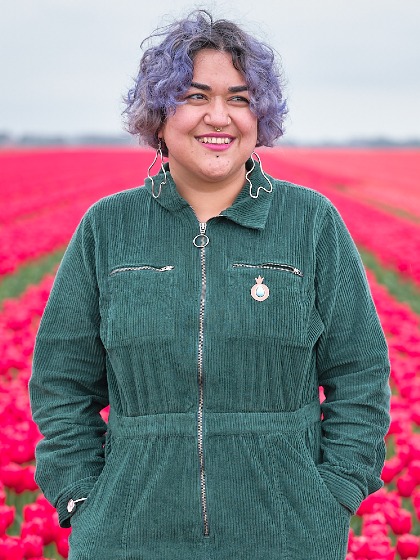
Contact
Functie
Universitair docent
Vakgebied
International political theory, biopolitical theory, critical perspectives on development and environmental politics
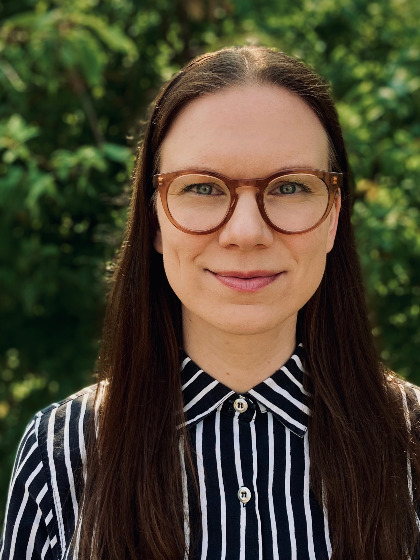
Contact
Functie
Universitair Docent
Vakgebied
Theoretical, Historical and Critical Approaches to War and Peace; Knowledge in International Politics; Peace and Conflict Studies; Interpretive, Historical and Creative/Arts-based Methods; Arts&Crafts in International Relations
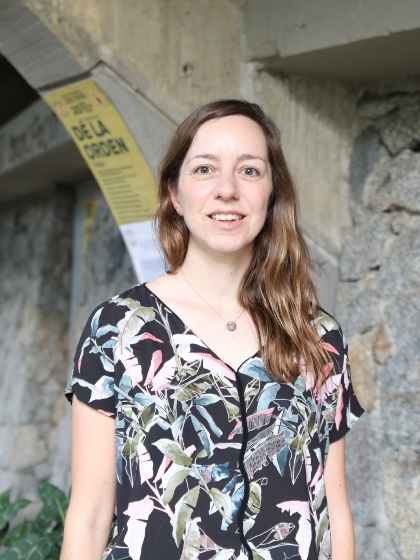

Social Sciences, Interdisciplinary
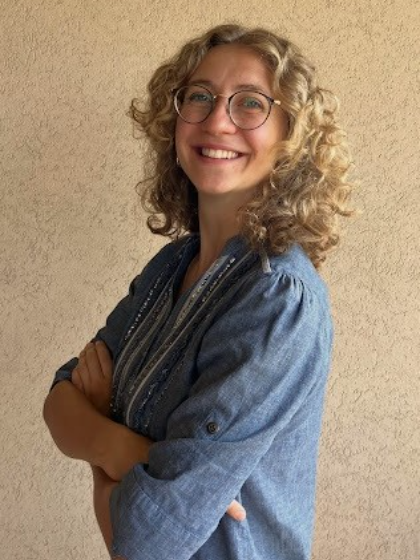
Contact
m.avesani rug.nl
Functie
PhD student
Latin America, international relations, history of the social sciences, Buen Vivir, interdisciplinary research, policy-oriented analysis, sustainability, pluralism, inclusive dialogue, civil society engagement, faith-based climate action, religious... read more
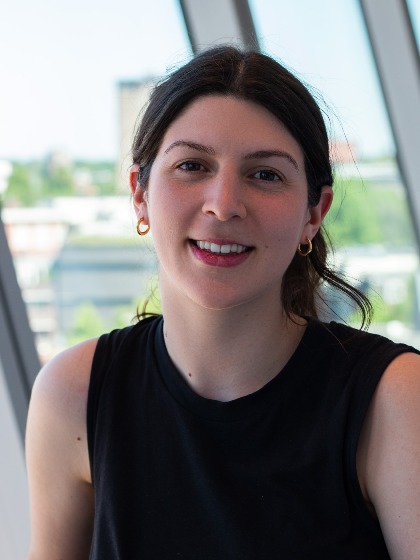
Contact
e.n.aylwin.pincheira rug.nl
Functie
The Caspian Sea, Azerbaijan, Energy Geopolitics, and Security & Cooperation in Eurasia, Climate Change, Infrastructure Politics, Transnational Corporations.
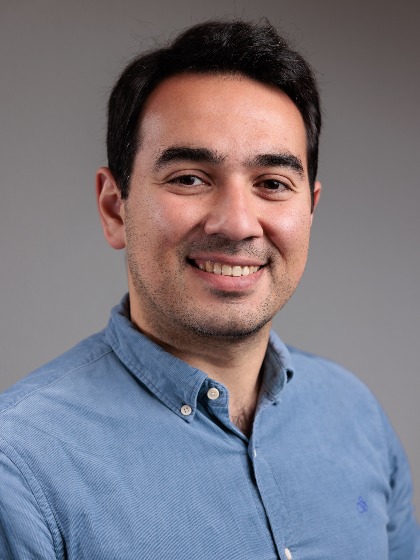
Contact
Functie
Assistant Professor International Relations
Vakgebied
Humanitaire interventies en peacekeeping operaties, gewapend conflict, ontwikkelingssamenwerking, artisanale mijnbouw (vnl. diamant en goud), Afrikaanse politieke en veiligheidsvraagstukken

Contact
Functie
Universitair Docent Globalisation Studies and Humanitarian Action
Russian Foreign Policy, Emotionalisation and Identity Formation, 'Global South'

Contact
g.bordin rug.nl
Functie
PhD Student
Internationale Economie; Globalisering; Internationale handel; Economie van de agglomeratie; Internationale overschrijvingen; wisselkoersen; Internationale macro-economie.
zie web pagina:
http://www.eco.rug.nl/medewerk/brakman/
zie web pagina:
http://www.eco.rug.nl/medewerk/brakman/
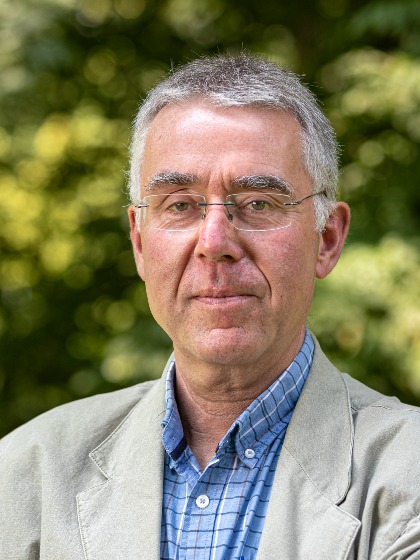
Contact
Functie
Hoogleraar
My research is generally concerned with the roles of emergent technologies, non-state actors and expert knowledge in contemporary global governance. In particular, I study the on-going and varying implications of big data and blockchain technologies at... read more
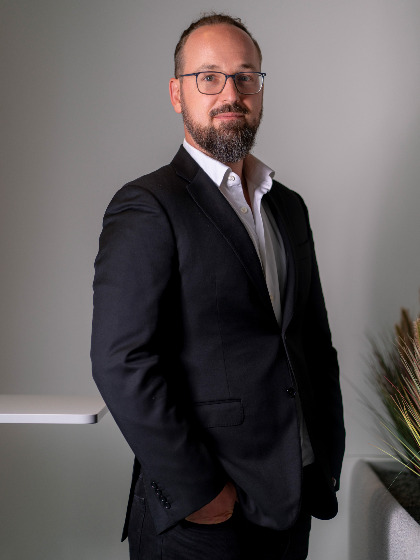
Contact
Functie
Senior Lecturer (UD1) in International Political Economy
Energy Diplomacy International Relations
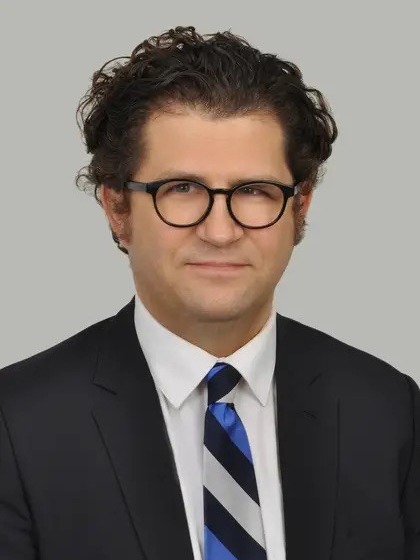
Contact
Functie
PhD student
EU-Rusland relaties, Russisch buitenlands beleid, de EU en haar oostelijke buurlanden, hegemonie en globale verandering
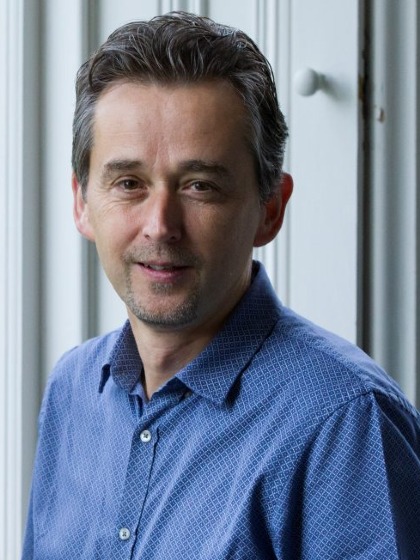
Contact
Functie
Hoogleraar Mondiale politiek van Europa
Vakgebied
I am an Assistant Professor of International Relations at University of Groningen. Previously, I was a Marie Skłodowska Curie Global Fellow at University of Warwick and University of Denver. I work on international norms, diplomatic visits, military... read more
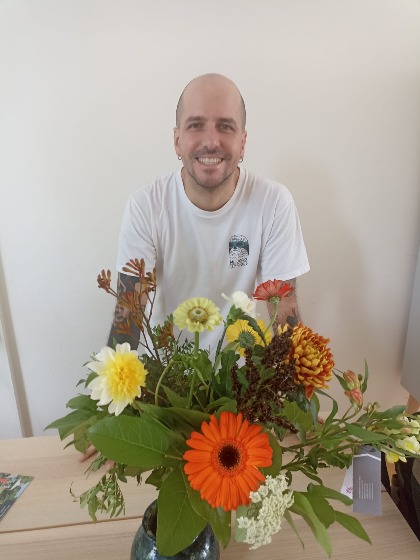
Contact
Functie
Branding & Positionering
Events
Studentenwerving
Merchandise
Internationale Marketing
Events
Studentenwerving
Merchandise
Internationale Marketing

Contact
Functie
Kwartiermaker/Procesbegeleider Corporate & Academic Events + Shop-manager IShop
History of International Political Thought, History of International Relations, Medieval Canon and Roman Law, Politics of History, Historical Narratives in Contemporary Populism, Early Exploration, Religion in International Relations.

Contact
Functie
Dr. Jesse Crane-Seeber holds a BA in “Resisting Hegemony,” a major of his own design, from Ithaca College (Ithaca, NY, USA), and a PhD in International Relations from American University (Washington, DC, USA). His research has covered the US military as a... read more
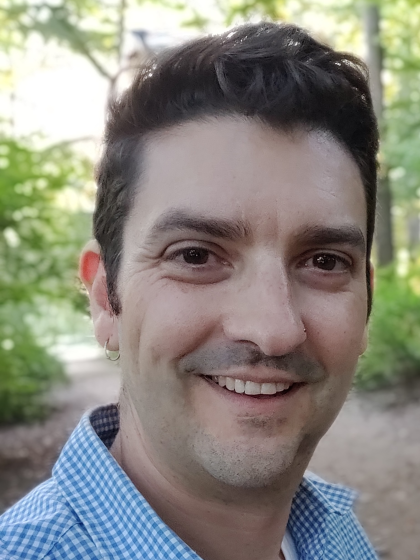
Contact
j.p.crane-seeber rug.nl
Functie
Universitair Docent, IRIO
Vakgebied
Promovendus van het Kennisplatform Leefbaar en Kansrijk Groningen, dat kennis en onderzoek verzamelt en deelt dat relevant is voor sociaal-maatschappelijk beleid in het Groningse gaswinningsgebied. Het Kennisplatform stimuleert samenwerkingsverbanden om... lees meer
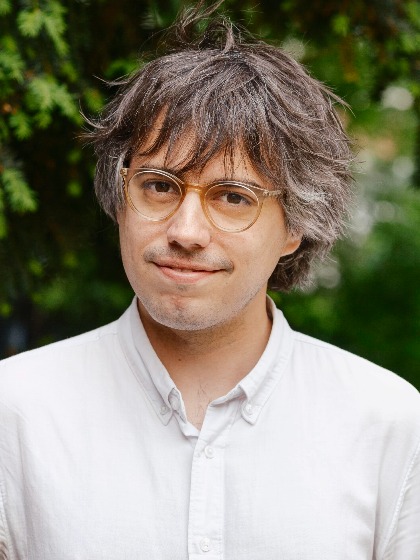
Contact
a.r.de.julio.pardo rug.nl
Functie
Promovendus @ Kennisplatform Leefbaar en Kansrijk Groningen
Vakgebied
As Graduate School Coordinator, I enjoy working closely with PhD candidates, supervisors, and faculty to help make the doctoral journey as smooth and rewarding as possible. I aim to provide clear guidance, practical support, and a welcoming point of... lees meer
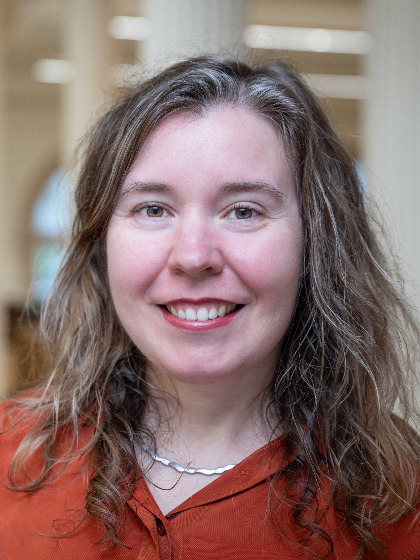
Contact
b.e.dijkstra rug.nl
Functie
Coordinator Graduate School
International Affaris, Communications, Public Relations, Policy Research, Peacebuilding and Conflict Transformation, Electoral Management
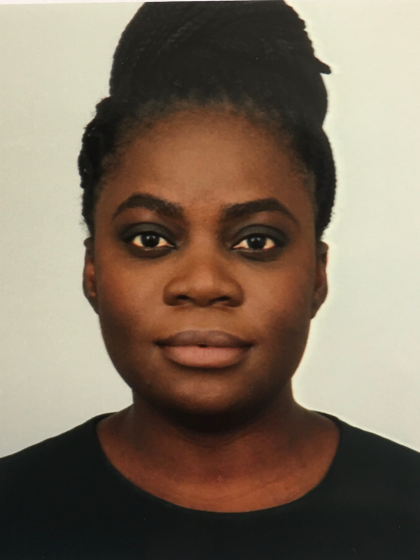
Contact
h.doe rug.nl
Functie
communicatiemedewerker
Vakgebied
Afrikastudies, internationale betrekkingen en ontwikkelingsproblematiek, cultureel erfgoed en ontwikkeling, niet-westerse geschiedenis, geschiedenis van de Europese expansie, geschiedenis van Nederlands buitenlands beleid (koloniale politiek,... lees meer

Contact
Functie
Universitair hoofddocent Internationale Betrekkingen en Afrikastudies (met ius promovendi)
IR Theory / Political Thought / Human Rights / History and Theory of International Law / Migration Ethics
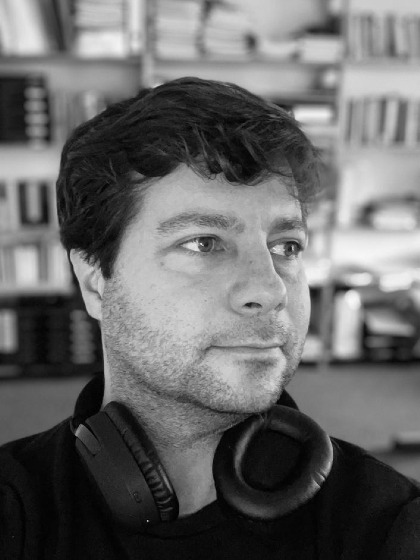
Contact
Functie
PostDoc in the History & Theory of IR
Dr Karim El Taki is an International Relations scholar at the Faculty of Arts. His research examines regional order-making in the Middle East in the decade following the Arab Uprisings. His research interests include, theoretically, the quest for... lees meer
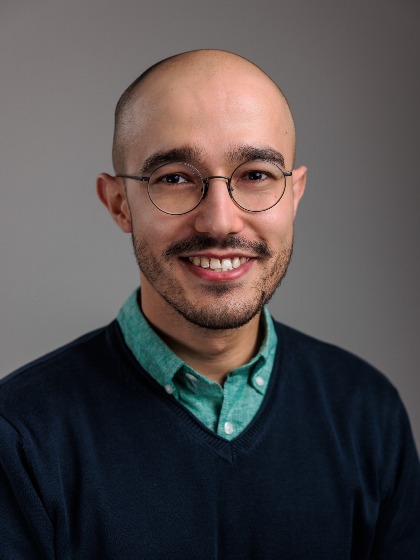
Contact
Functie
Universitair docent, Politiek van het Midden-Oosten
Philanthropy, External Relations, International Foundations

International Political Sociology, Borders, boundaries, displacement
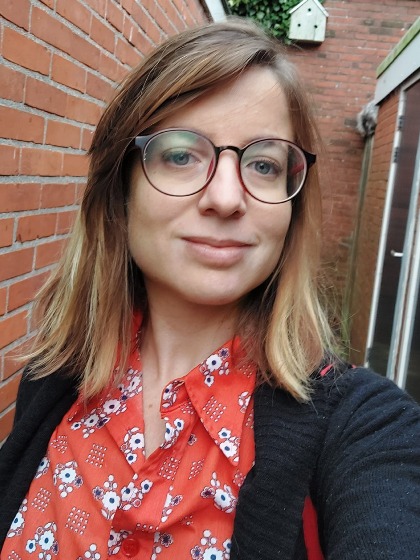
Contact
Functie
Assitant Professor
Vakgebied
Historical and Contemporary China-Middle East Relations; Iran-China Relations; History of Iran; History of China; Cold War History; Contemporary and Historical Silk Road
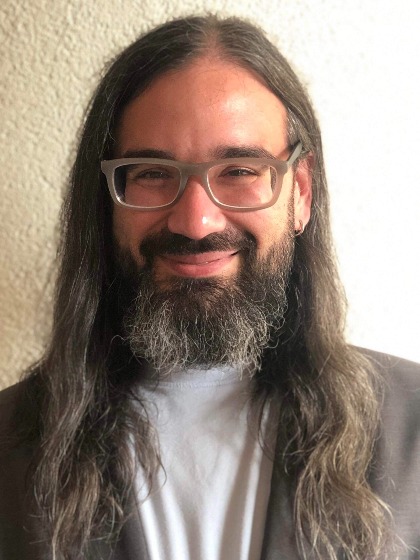
Contact
w.a.figueroa rug.nl
Functie
Assistant Professor of History and Theory of International Relations
(Global) Media, Culture and Politics; Internet Governance, Gender, and Technology; Postcolonial and Decolonial theory and research; member of the Digital Constitutionalism Network ; Internet Rights and Principles Coalition ; Global Internet Governance... lees meer
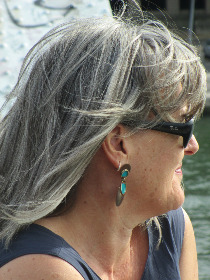
Contact
m.i.franklin rug.nl
Functie
International Financial Markets, International Political Economy, Comparative Politics, International Economics, European Political Economy, EU Macroeconomic Governance
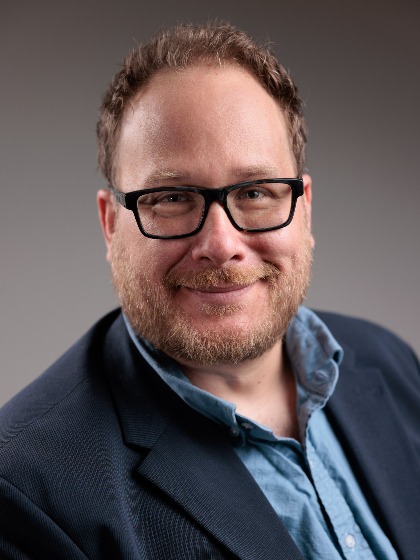
Contact
Functie
Assistant Professor of International Political Economy
Biopolitical theory, (pandemic) temporalities, critical security studies
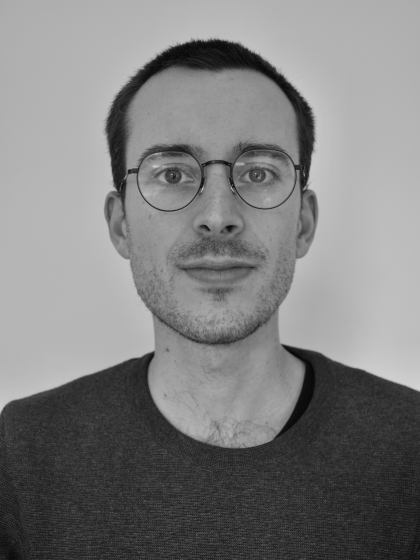

Contact
Functie
Àssistant Professor
Na haar promotie aan de Universiteit van Tübingen, Duitsland, in 2016, heeft Lisa 3 jaar doorgebracht als postdoctoraal onderzoeker bij het Instituut voor Interculturele en Internationale Studies, aan de Universiteit van Bremen. Ze is de auteur van... lees meer
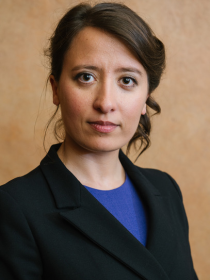
Contact
e.gaufman rug.nl
Functie
Assistant Professor of Russian Discourse and Politics
Mijn belangrijkste interessegebieden zijn: de Europese Unie en het Europees Oostelijk Partnerschap (EaP); comperatieve politiek; en post-Soviet politiek.
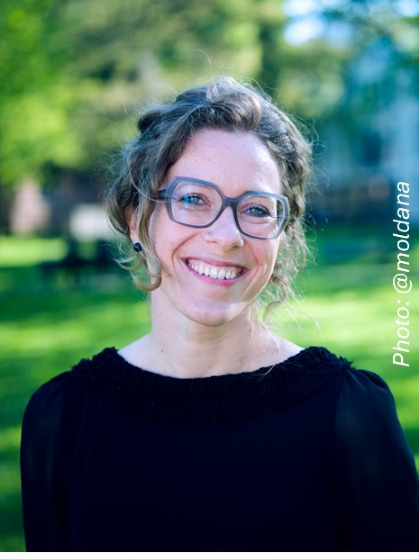
Contact
e.e.a.van.gils rug.nl
Functie
Assistant Professor
International sanctions, EU Foreign Policy, Illicit Trade
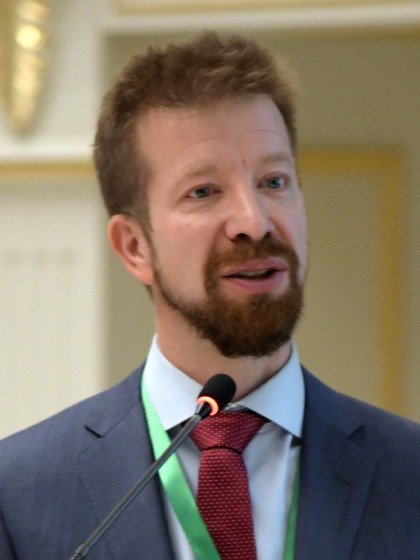
Contact
Functie
Deputy Head of Department, Associate Professor in International Relations and International Organization
Vakgebied
Natural resources, Tourism, Geography, International conflicts, Geopolitics
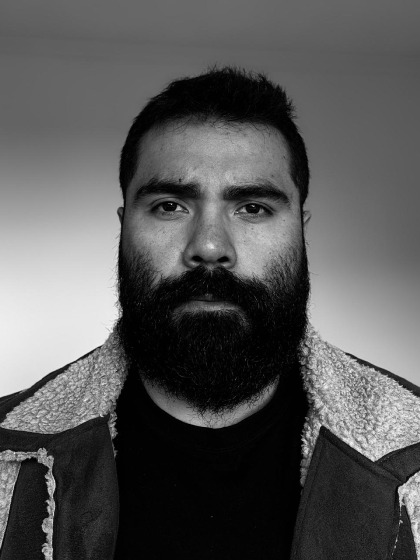
Contact
Functie
PhD student

Acquisition of Capacity Building and Research projects;
Management of complex Capacity Building projects in sub Saharan Africa;
Management Erasmus+ projects.
Management of complex Capacity Building projects in sub Saharan Africa;
Management Erasmus+ projects.

Contact
Functie
Project Manager, Coordinator International Cooperation
Vakgebied
East Asian studies, Mongolia
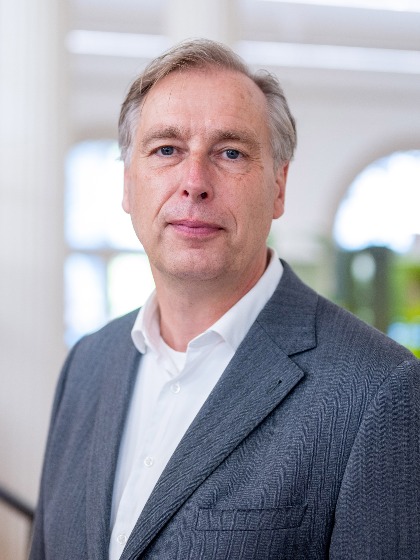
Contact
Functie
Dean Faculty Campus Fryslân / Professor of International Studies, with a special focus on East Asia
Vakgebied
Social, International, and Globalisation Theory; Global Politics of Science and Technology; Global History and Politics of Agriculture and Food-Systems; Existential Risk and Societal Collapse; Deep History and Anthropology of Knowledge; Historical... read more
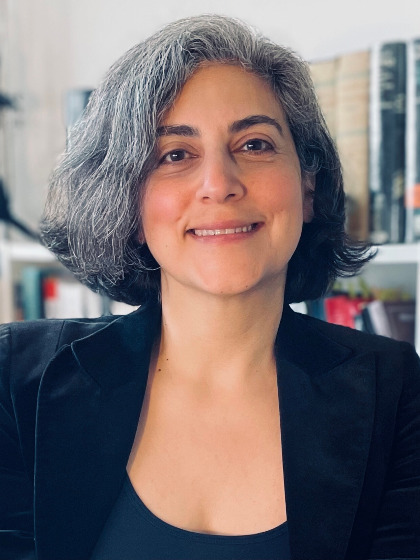
Contact
Functie
Hoogleraar Mondiale Politieke Antropologie
Regional Seas Governance
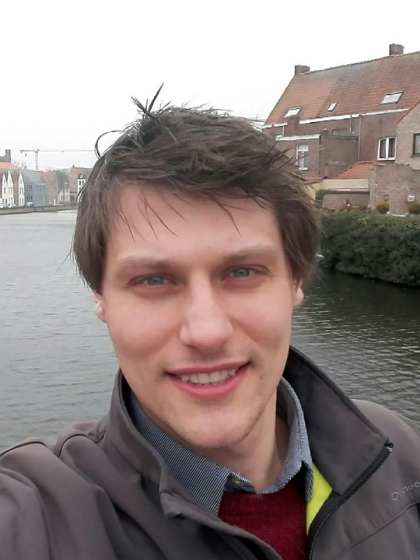
Contact
c.g.a.a.hatenboer rug.nl
Functie
Promovendus
organisatieverandering, impact en onderzoek, diversiteit en inclusie, internationalisering en internationale relaties, European University Alliances
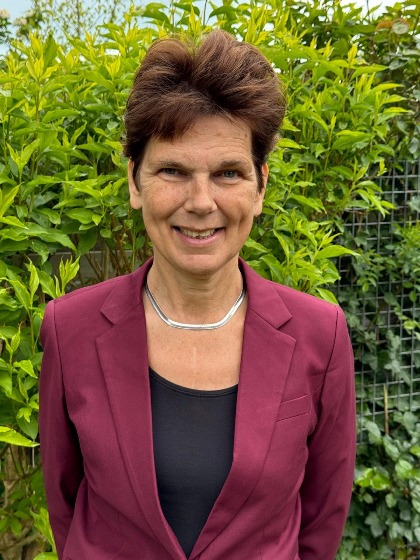
Contact
Functie
senior beleidsmedewerker, subsidieadviseur en onderzoeker
Social and political theories of international relations, critical theory and international relations, world society studies, security studies, politics of global order

Contact
Functie
Assistant Professor
Vakgebied
Studieadviseur American Studies, verbindingspersoon voor studenten en docenten. Stagebegeleider Internationale Betrekkingen. Aanspreekpunt voor het Honoursprogramma binnen de Faculteit der Letteren. Expertise in Oost-Europa en het Russische hoger... lees meer

Contact
e.m.herman-pletiougina rug.nl
Functie
Coordinator Honours programma Letteren, Study advisor American studies, Placement IRIO supervisor
Vakgebied
- Public international law
- International and transnational human rights law
- Socio-economic human rights
- Planetary Health / Environmental health law / Climate Change (Litigation)
- Access to modern energy services / energy poverty
- Disaster management /... lees meer
- International and transnational human rights law
- Socio-economic human rights
- Planetary Health / Environmental health law / Climate Change (Litigation)
- Access to modern energy services / energy poverty
- Disaster management /... lees meer
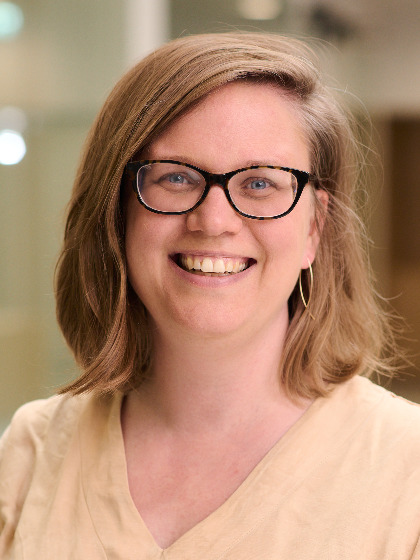
Contact
Functie
Associate Professor International Law / Chair of Groningen Center for Health Law
Politieke economie van Europese integratie, uitbreiding van de Europese Unie en transitieprocessen in Midden- en Oost-Europa
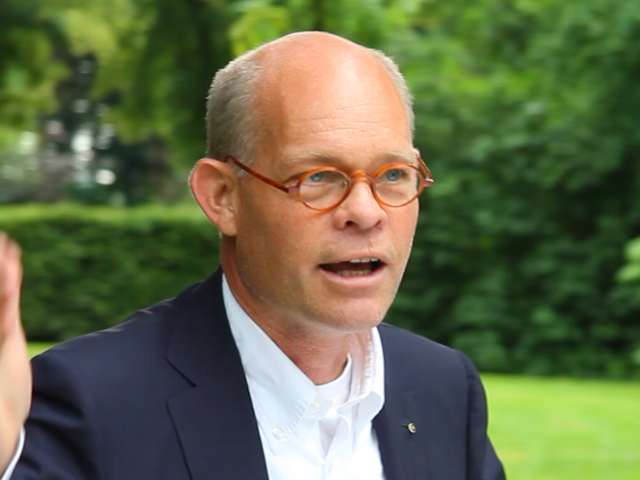
Contact
Functie
Hoogleraar Internationale Politieke Economie
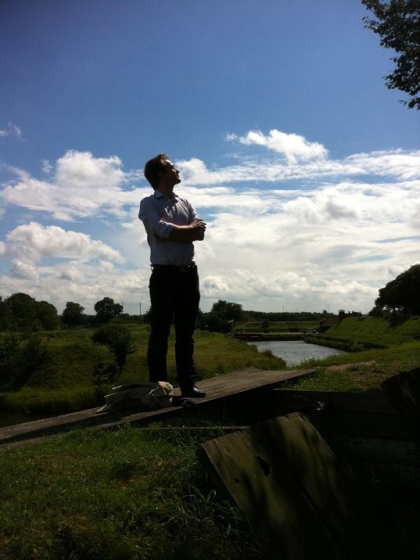
Contact
m.c.huiskes rug.nl
Functie
Docent en promovendus
International Relations Theory, International Political Theory, Normative IR Theory, Critical Theory, Arctic Security, Arctic International Relations and Governance.

Contact
Functie
UD
Vakgebied
Critical security studies, Arctic politics and security, technology and International Relations, artificial intelligence.

Contact
Functie
UD
Vakgebied
ethiek en wereldpolitiek/mondiale politieke economie; theorie van de internationale betrekkingen
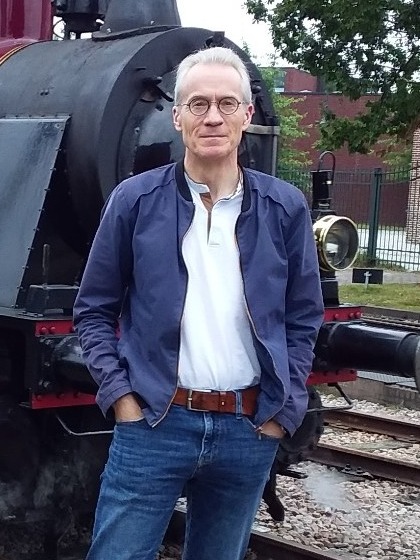
Contact
Functie
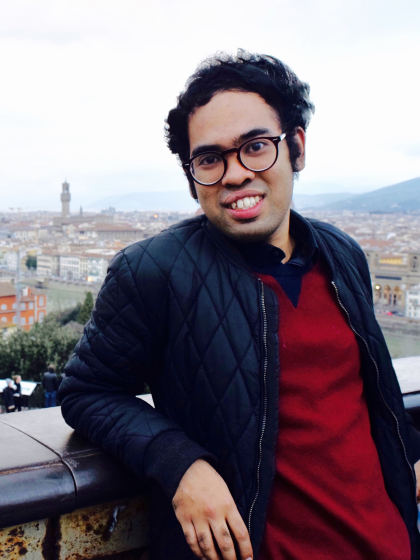
Contact
Functie
Research interests include feminist international political economy, governance of international financial institutions, and the integration of climate change and social justice
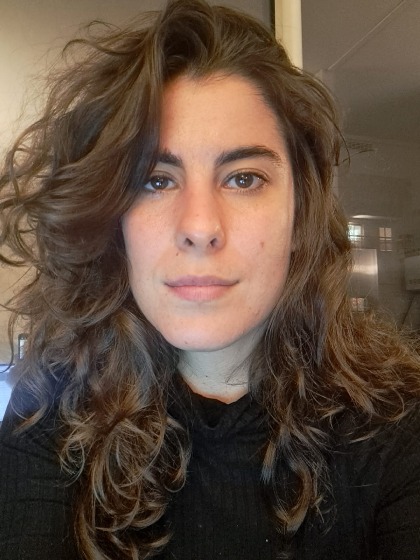
Contact
julia.ferraz rug.nl
Functie
PhD candidate
Internationale Sancties, de Effectiviteit van Economische Sancties

international political economy; global capitalism; critical geoeconomics; economic measurement.
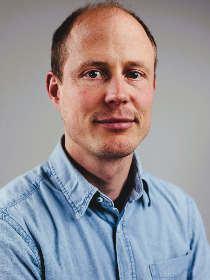
Contact
Functie
Universitair hoofddocent
- Early Modern Geopolitical Epistemologies (esp. the XVIC Hispanic Empire)
- Historical Epistemology and International Relations
- The Politics of Global Connectivities
- Geopolitics and Connectivity
- Mapping, critical cartography, and spatial... read more
- Historical Epistemology and International Relations
- The Politics of Global Connectivities
- Geopolitics and Connectivity
- Mapping, critical cartography, and spatial... read more
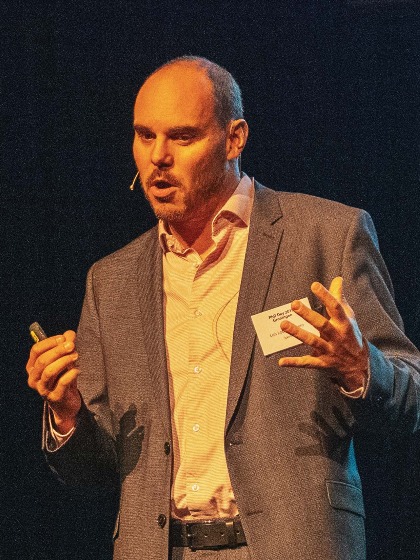
Contact
Functie
Hoogleraar Geschiedenis en Theorie van Internationale Betrekkingen
Internationalisation, Recruitment, Marketing, Admissions, Higher Education, Governance
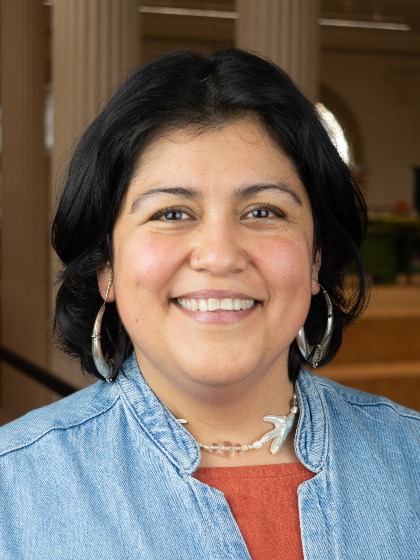
Contact
Functie
Marketing, Recruitment & Admissions Manager International Policy Advisor
Moderne politieke geschiedenis
Rusland en voormalige Sovjet-Unie
Autoritaire regimes
Politiek-economische instituties
Rusland en voormalige Sovjet-Unie
Autoritaire regimes
Politiek-economische instituties
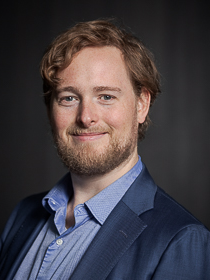
Contact
Functie
PhD student
I am a sociologist specialized in the making of memories and heritage work in the Middle East and North Africa. My research interests analyze memorial practices, social movements, and racialization in the Modern MENA region. I lecture on political... read more
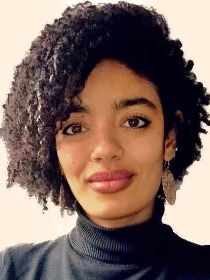
Contact
Functie
Energy Security, Energy Transition, Critical Geopolitics (geopolitics of gas and renewables), Sustainability, Global Energy Governance, International Conflict Management.

Als historicus ben ik gespecialiseerd in (post) koloniale betrekkingen tussen Nederland en Indonesië. Als docent hou ik me op het terrein van de geschiedenis van de Internationale Betrekkingen vooral met Azië bezig, in het bijzonder het Verre... lees meer

Contact
Functie
universitair docent / senior onderzoeker
Vakgebied
- De Europese bodempolitiek - Politieke ecologie - Politieke filosofie
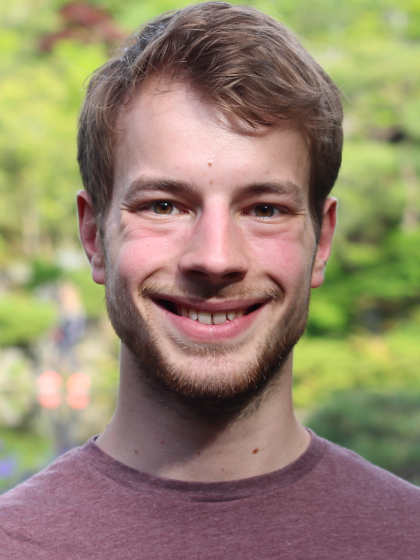
European Integration, EU foreign policy, EU-Russia relations, EU-Central Asia relations, Central and Eastern European countries
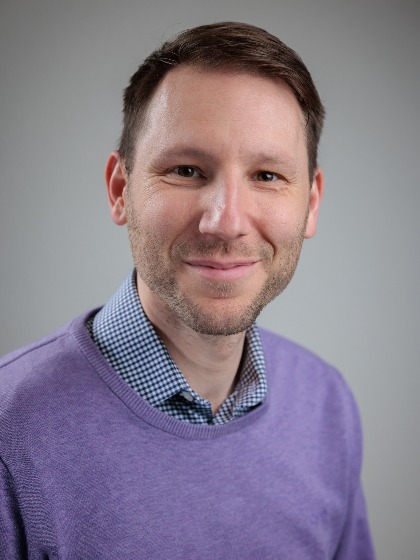
Contact
Functie
Assistant Professor
Vakgebied
Critical European Studies Politics of Built Environments Citizenship/Migration/Engaged Research and Pedagogy See "Projects" for research collaborations and PhD supervision
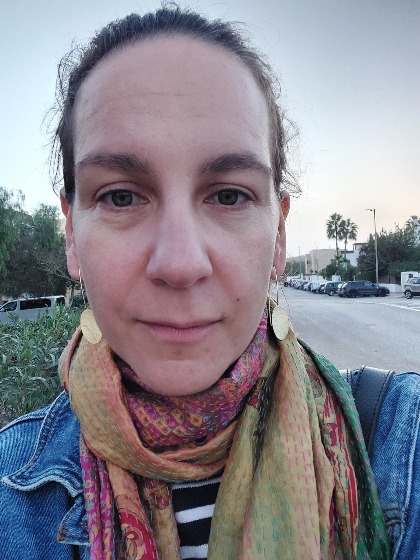
Contact
Functie
Associate Professor
Mijn onderzoek gaat over de verbinding tussen cultuur en globaal politiek met een focus op oorlog en het milieu. Huidige projecten bestaan uit filmische tijdelijkheid van oorlog; verbeeldingen van de toekomst in klimaatfictie; en "rebel music" in... lees meer
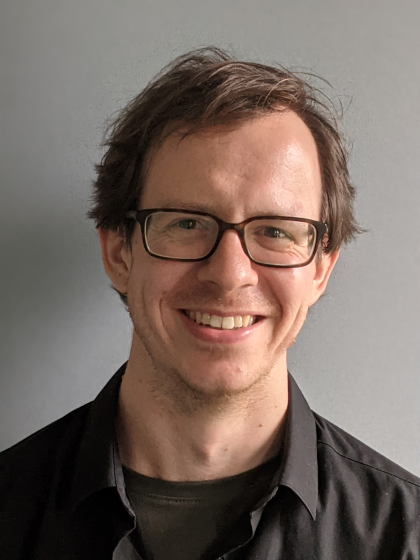
Contact
Functie
Docent Internationale Betrekkingen
Vakgebied
ASEAN Economic Integration, Politics of Trade Policy, Public Sector.
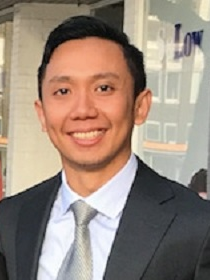
Inter-lingual politics, politics of digital spaces and communities, political subjectivities and temporality in IR, classical reception, populism.

Contact
Functie
PhD student
Chinese studies; International Relations; Modern and Contemporary History of Asian countries; Development Studies; International Comparative Education; International Development Cooperation; International Organizations and the UN; Policy Analysis.

Contact
c.pinna rug.nl
Functie
EU-China betrekkingen, wereldorde en narratieven in internationale betrekkingen
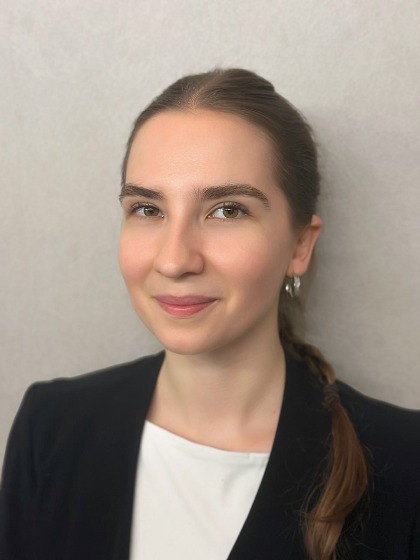
Contact
i.a.raue rug.nl
Functie
Cotutelle aan de Rijksuniversiteit Groningen en Macquarie University
Vakgebied
History and Theory of International Relations and International Law; Politics of Globality; Mapping and Critical Cartography; Imperial Germany

Contact
Functie
Assistant Professor
Vakgebied
Martijn works as an EU Liaison Officer for the University of Groningen (UG) and University Medical Center Groningen (UMCG). His work focusses on lobbying, profiling, and unlocking networks and strategic information in Brussels to ensure a good strategic... lees meer

Russian-Western relations; Russian and post-Soviet politics; Brexit; critical and sociological approaches to IR; revolutions
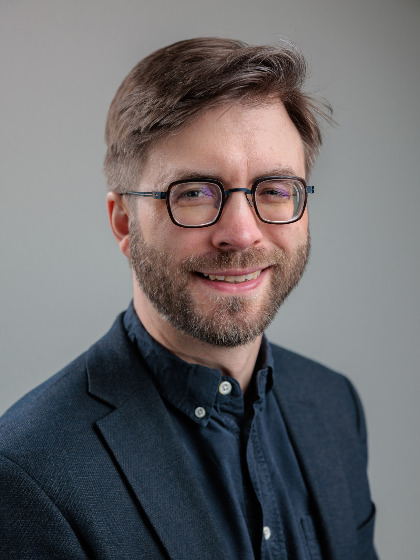
multilevel governance, climate governance, energy transition, transnational municipal networks
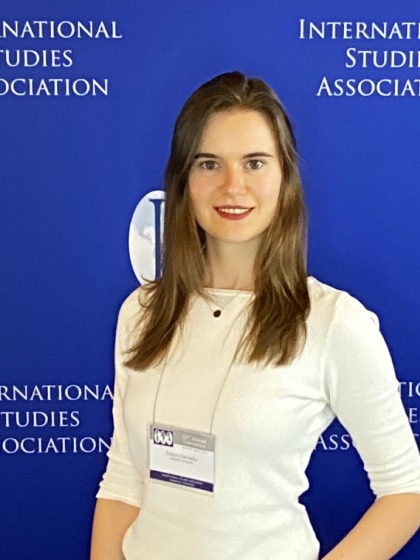
Economic cooperation and conflict, U.S.-China trade, China's international political economy
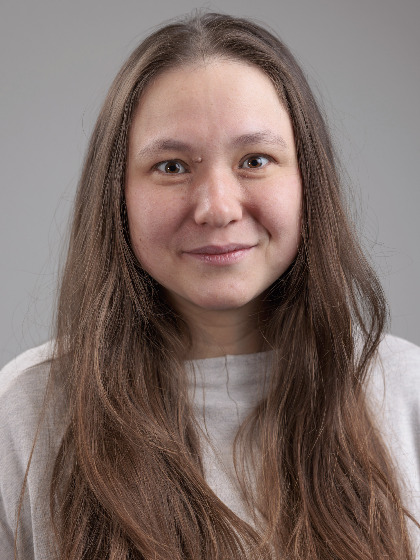
Contact
Functie
Assistant Professor of International Political Economy
- Diversity, Equity & Inclusion
- Comprehensive Internationalisation
- Inclusive Organizational Culture
- Intercultural Competence Development (IDI certified)
- Policy Advise & Implementation
- Project management
- Active Bystander Trainer (UG-certified)
- Comprehensive Internationalisation
- Inclusive Organizational Culture
- Intercultural Competence Development (IDI certified)
- Policy Advise & Implementation
- Project management
- Active Bystander Trainer (UG-certified)
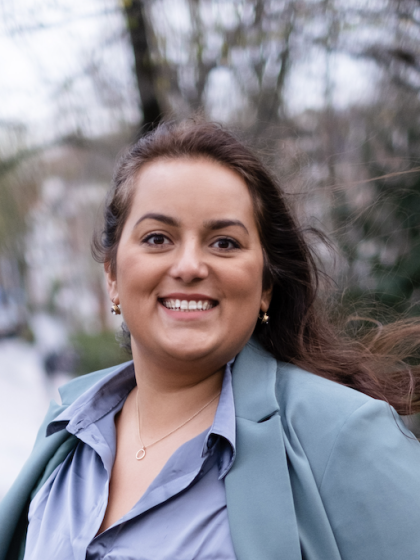
Contact
Functie
Diversity Officer
Critical Security Studies, European Security and Defence, European Defence Industry, Technoscientific Politics and Security, International Relations Theories, Critical Theory

Theories of International Relations, Visual Studies, Political Geography/Critical Geopolitics, Theories of Discourse, East Asian Studies
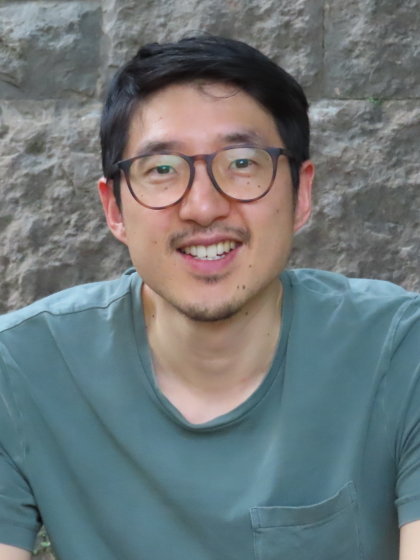
Contact
Functie
Universitair docent 1
South Asian and Global History of the early modern period;
History of the VOC (Dutch East India Company) in India and Asia; Indian Ocean Port Cities and Trading Communities; Social History of Knowledge; SondToll Registers Online
History of the VOC (Dutch East India Company) in India and Asia; Indian Ocean Port Cities and Trading Communities; Social History of Knowledge; SondToll Registers Online
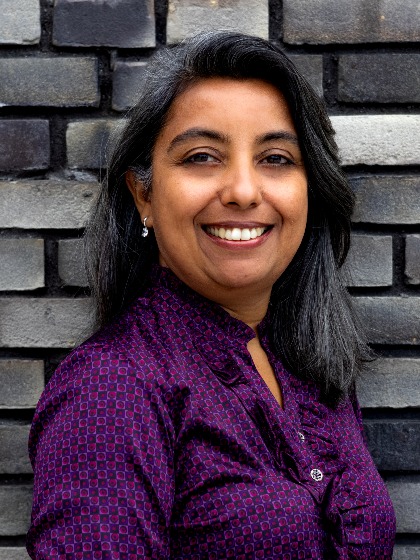
Contact
Functie
Universitair docent
Contemporary South and Southeast Asian history; history of North-South relations since the 19th century; internationalisms after 1945
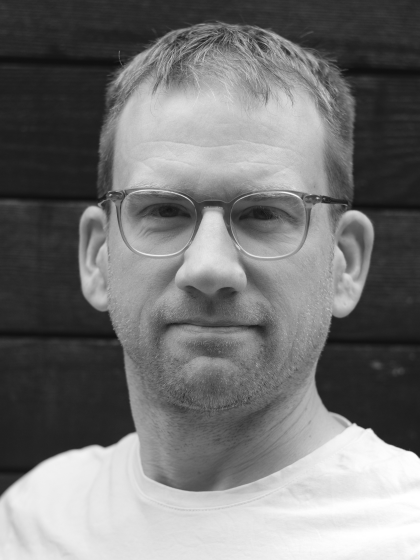
Contact
Functie
Hoogleraar Eigentijdse Geschiedenis
International Conflict, Globalization, Redistribution, Inequality, Discrimination, Social Conflicts, Immigration, Gender Inequality
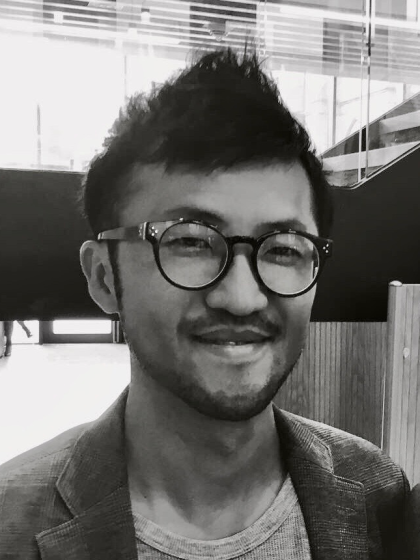
Contact
Functie
Universitair docent
Vakgebied
European integration and institutions | State theory and institutionalism | Multilevel governance | Transnational municipal networks | Technocracy and the politics of expertise | Italian politics | Concept analysis and qualitative methods
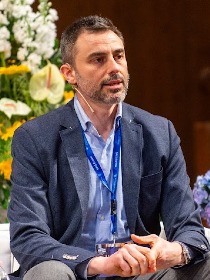
Contact
Functie
Universitair hoofddocent 1 (met ius promovendi)
Migration and history of migration, oral history, place identity, place narratives, spatial imaginaries, European integration and cohesion, everyday practices, place belonging
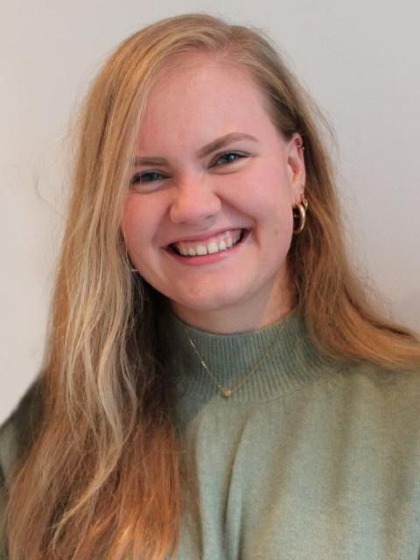
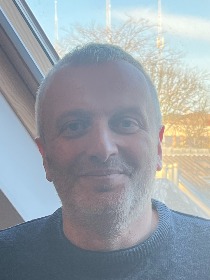
Contact
d.y.tuyloglu rug.nl
Functie
Universitair Docent
Vakgebied
Decolonial philosophy; Critical Hermeneutics; Politics of Knowledge Production; Deep and Radical Ecology; Somatic Social Theory; Political Anthropology
I welcome any PhD proposal in the fields above.
I welcome any PhD proposal in the fields above.
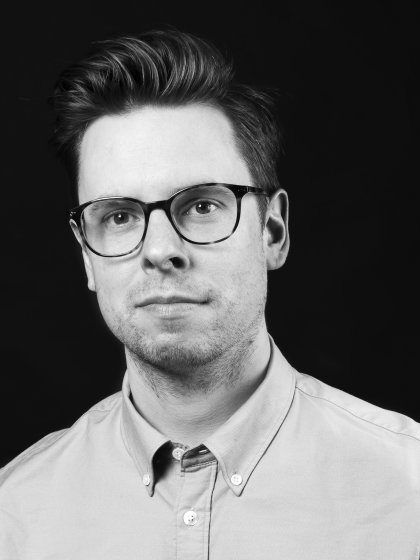
European integration, memory studies, contemporary continental political theory, twentieth century intellectual history
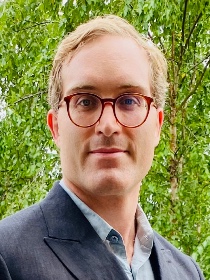
Contact
Functie
Universitairdocent (UD1), Geschiedenis en theorie van Europese Integratie
Global Politics of Disease and Health; International Political Sociology; Critical Humanitarian Studies; Quantum Social Science; Critical Security Studies;
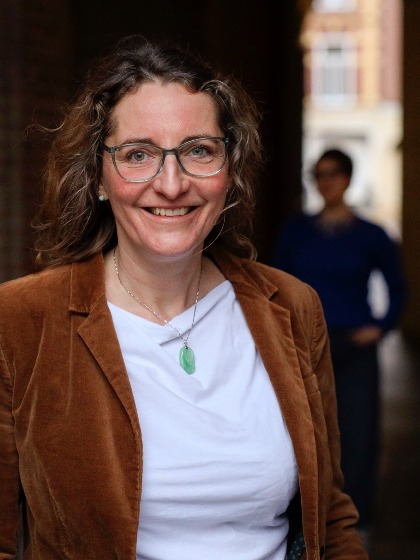
Contact
Functie
.
Europees sociaal en economisch recht, de vier vrijheden van de interne markt, het evenwicht tussen sociaal en economisch recht in de EU; Vrijhandelsakkoorden tussen de EU en derde landen, bijv. met Japan

Contact
Functie
Universitair Docent
IR Theory, Security Studies, European Studies, Global Governance, Energy & Geopolitics
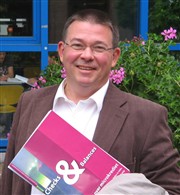
Contact
Functie
Emeritus Hoogleraar Internationale Betrekkingen en Veiligheidsstudies
Religion and diplomacy, secularism, refugees and forced migration, human rights, development, global justice, globalization, climate change

Contact
Functie
Hoogleraar Politiek en Religie
humanitarianism, civil society, North Korea

Contact
Functie
Assistant Professor
International political economy, interstate conflict and cooperation, and Chinese foreign policy.
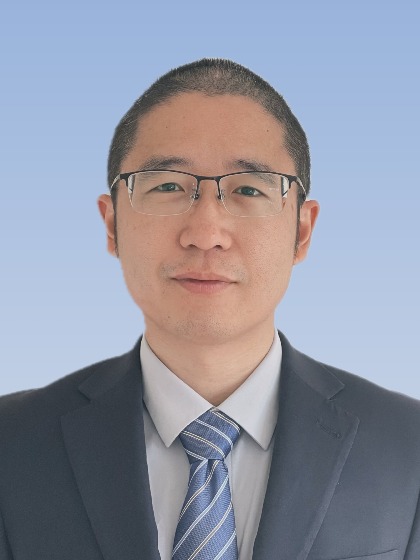
Contact
yuleng.zeng rug.nl
Functie
Assistant Professor of International Political Economy
Political Philosophy, Legal Philosophy, Digital Governance, Sustainability
Interdisciplinary Research and Education Management
Interdisciplinary Research and Education Management
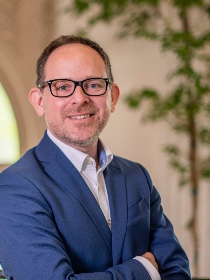
Contact
Functie
Professor of Political Theory and Governance / Director of the Research Institute
Vakgebied
View this page in: English
